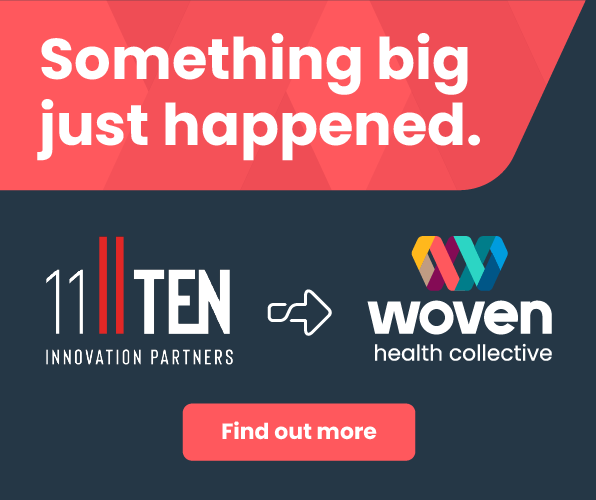With the undeniable complexities around diagnosing and managing behavioral health conditions across healthcare stakeholders, we have seen increasing efforts to invest in integrated-care models and enabling technologies. We recently connected with Robert Hart from Owl to discuss how its care platform uses evidence-based data to optimize how patients receive treatment throughout a provider organization, and the growing importance of partnerships in the future of healthcare innovation.
About Robert Hart

Robert Hart, Senior Director of Business Development
Robert Hart is Owl's Senior Director of Business Development responsible for partnerships with health plans, pharmaceutical companies, and healthcare technology companies. Owl gives behavioral health organizations better data, better insights, and better outcomes with its data-driven, evidence-based solutions.
How did your company get started? What problem does your company solve?
Owl was developed in a psychology teaching clinic as a tool to teach clinicians how to use measurement-based care to objectively assess and track patient outcomes. It was built by clinicians for clinicians to ease the burden of paper and pen based use of evidence-based measures. Today, Owl solves the problem of patient access to behavioral health services by helping organizations deliver the right treatment at the right time to the right patient for the right amount of time.
How do you differentiate yourself from competitors? What makes your company special?
Owl has the industry’s leading engagement rates with both patients and providers (over 90%). With these engagement rates, we are able to gather and analyze the deepest and broadest amount of outcomes and SDOH data, leading to expanded access to care and improved outcomes. We help organizations deliver optimized care at the lowest cost possible.
How have you leveraged industry connections to help your company grow?
Our growth has been driven heavily by leveraging industry connections. We’ve had success on multiple fronts including Certified Community Behavioral Health Clinics, academic medical centers, health systems, and privately-owned clinics. Additionally, we have partnered with both strategic health system and health plan partners as we’ve grown.
What types of partnerships are you looking to pursue to grow your impact?
We are focused heavily on growing our partnerships with health systems and large provider organizations across the country. We are also looking to broaden our partnerships in both the health plan and pharmaceutical R&D/real-world evidence segments of the industry because we’re finding our outcomes data is very powerful for cohort segmentation and measuring the efficacy of treatment and therapeutics.
What is the biggest change you envision in healthcare in the next 5 years?
A shift from traditional fee-for-service contracting arrangements to value-based contracts (i.e. pay for performance and shared risk) is the biggest change we envision in healthcare over the next five years. The shift has already begun in primary and specialty care driven by CMS, state Medicaid agencies, and commercial payers who are looking to reduce total cost of care and increase the value of the services they’re paying for. We estimate behavioral health (i.e. mental health, SUD, I/DD, etc.) is a few years behind primary care due in large part to a dearth of care standards, outcomes data, and provider quality standards.
To learn more about Owl, please visit owl.health





